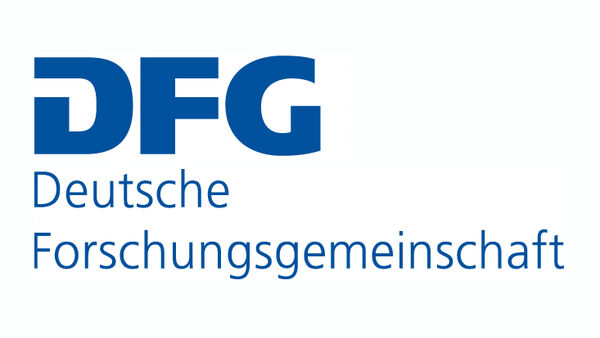DFG Research Units
FOR 5228: Membrane trafficking processes underlying presynaptic proteostasis
Neurons are polarized cells with complex structures and many synapses, making maintaining their proteome crucial due to their postmitotic and long-lived nature. The presynapse, characterized by high energy demand and active membrane dynamics, faces challenges in protein turnover regulation. Fundamental questions remain about protein degradation mechanisms, sorting pathways, and how synaptic activity influences these processes. To address these gaps, a collaborative team of expert synaptic biologists from Berlin, Magdeburg, Haifa and Jena investigate the roles of autophagy, proteasome-mediated degradation, and endolysosomal pathways in presynaptic proteostasis and plasticity. Their goal is to uncover how these processes are regulated locally and how non-canonical functions of autophagosomes affect presynaptic development and function.
As proteins misfold and accumulate with age, their removal is essential for maintaining cellular function, especially in postmitotic cells like neurons. The two primary proteolytic systems responsible for this are macroautophagy (autophagy) and the ubiquitin-proteasome system (UPS). Preliminary research indicates potential crosstalk and compensatory mechanisms between these systems, particularly at presynaptic terminals. However, the nature of their cooperation and how it may change in an increasingly oxidative environment during aging remains unclear. This project aims to investigate the capacities of both proteolytic pathways at the presynapse, explore the effector systems mediating their interaction, and identify novel presynaptic autophagy substrates using an engineered chaperone system.
Cooperating partners
Leibniz Institute on Aging – Fritz Lipmann Institute (FLI)
Charité Berlin









